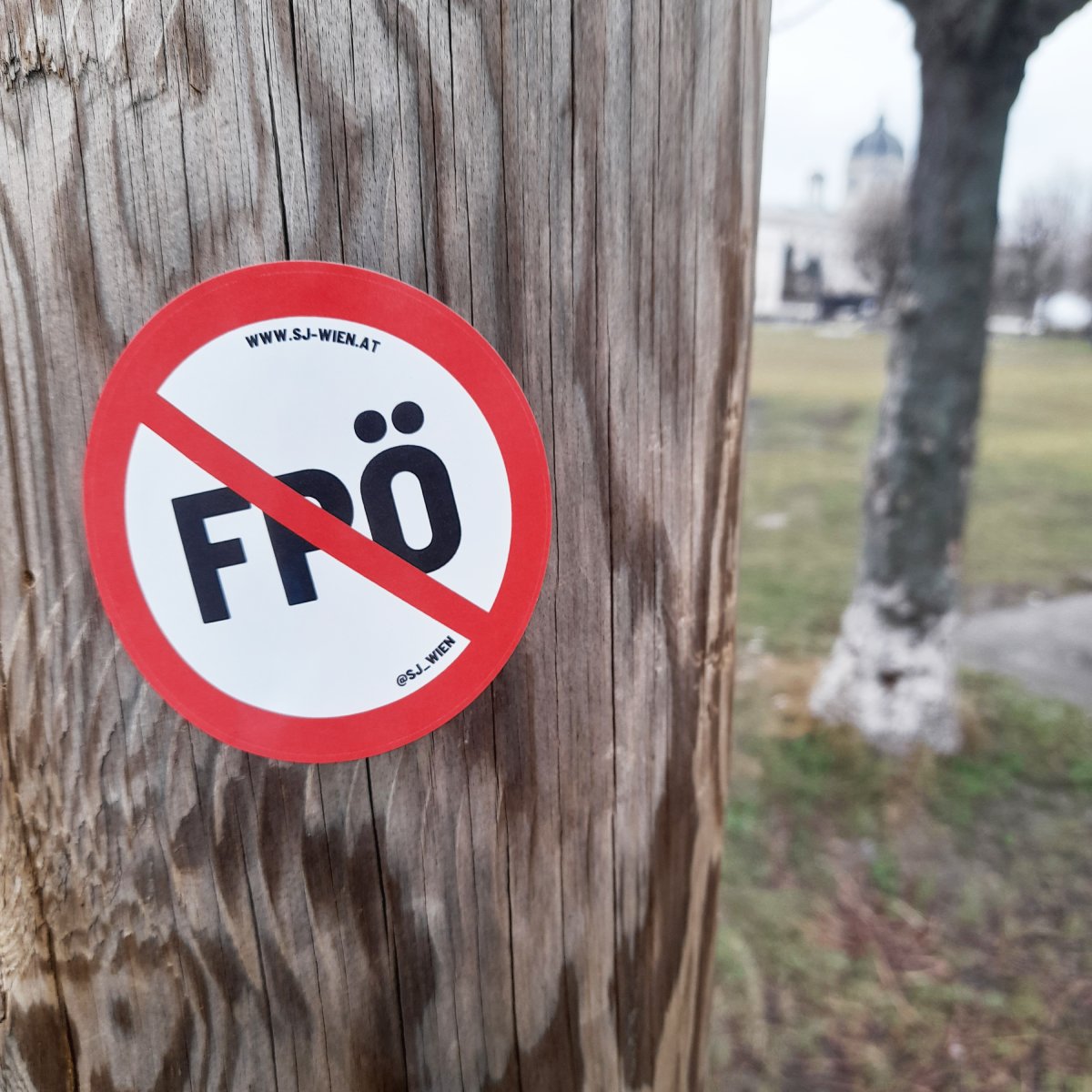articles
China Elevator Stories
“Hungarians Think Austrians Have Been Really Brainwashed”
I chat with a man from Hungary.
20/02/2025

Ruth Silbermayr
Author

In February 2025, I chat with a stranger originally from Hungary. He tells me: “Hungarians think Austrians have been really brainwashed. All my Hungarian friends say the same thing—that Austrians can’t think critically.”
He then tells me: “You know, I believe that people in Austria tend to welcome foreigners with ‘too’ open arms. There are so many foreigners coming in, and they’re all allowed in, but people don’t see this critically enough. Do you agree?”
I say: “Well, I have two Austrian-Chinese kids, so I don’t share the same opinion.”
He says: “The foreigners who come here, I think most of them shouldn’t be allowed to stay and should be sent back to where they came from. But when I tell this to Austrians, they disagree. They don’t see it as harmful to the economy.”
Have you ever heard a viewpoint like this?